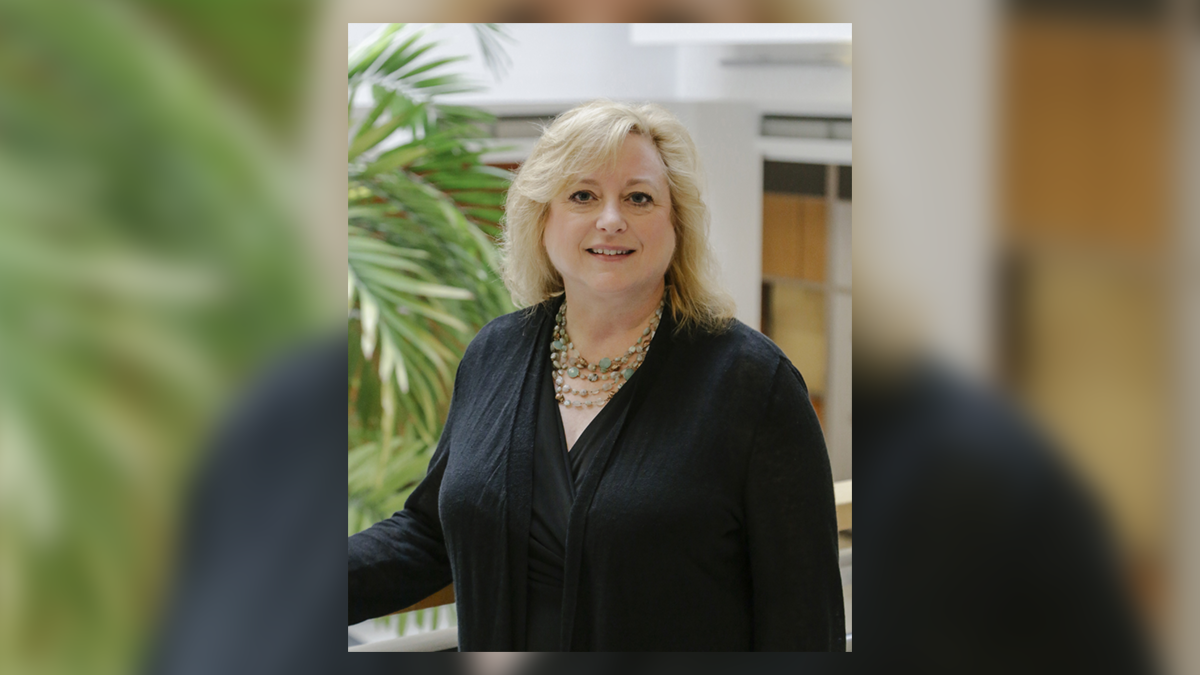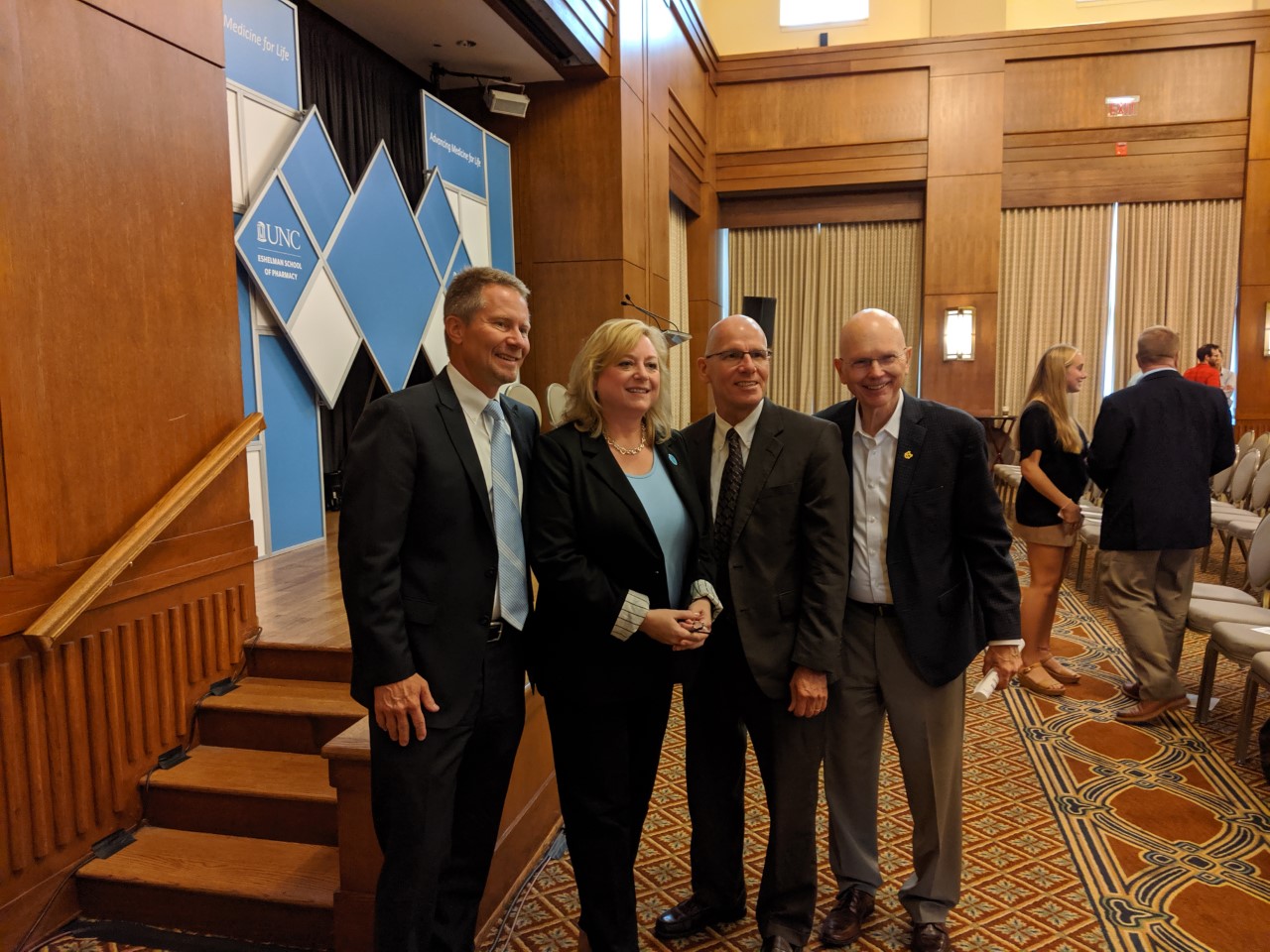Tune in to Focus Carolina during morning, noon and evening drive times and on the weekends to hear stories from faculty members at UNC and find out what ignites their passion for their work. Focus Carolina is an exclusive program on 97.9 The Hill WCHL, sponsored by the University of North Carolina at Chapel Hill.
Jon Easter with the UNC Eshelman School of Pharmacy develops programs and leverages new technology to make it easier for patients to take their medication, manage chronic diseases, and avoid going to the hospital.
“Patients with chronic conditions face challenges every single day,” Easter says. “They are trying to manage a disease or multiple diseases. They are trying to manage multiple visits to physicians and other health care providers and get assistance from caregivers and their support and their friends to learn more about their conditions along the way.”
Easter says that 50 percent of the population in the United States are dealing with chronic conditions. That adds up to around $450 billion per year on medications.
“Ironically we spend over $520 billion a year fixing medication problems,” Easter says. “So in other words, we spend more on trying to prevent medication mismanagement than we do on medications writ large.”
At the Eshelman School of Pharmacy, Easter says they are trying to trying to create a care coordination hub with pharmacists working with providers to help patients proactively manage medications to make sure they are on the right path.
“Coordination is one of the biggest problems we face in health care today. If you are a patient who is dealing with a chronic condition and you’re seeing two or three physicians and those physicians are writing two or three medications and there is no one to help you be that value liaison or on point to help you really coordinate that.”
Listen to part one of the interview with Professor Easter:
According to Easter, their research has shown that patients with chronic conditions visit their community pharmacist up to 30 times a year. They are also in a primary care doctor’s office two to three times a year, which builds a level of trust between a patient and the doctor.
“That trust is there, the accessibility is there,” Easter says. “The intimidation factor is not there where they feel like they can ask any question to the pharmacist and feel they’re in a safe zone to get help and that pharmacist is then in a good position to help them optimize their [medication] and then reduce that barrier or that anxiety that the patient might feel.”
Professor Easter is bullish about getting tested and taking advantage of new treatments for serious diseases like hepatitis.
“It’s a deadly disease and it’s one that is growing. And I used that as an example because we now have curative medications, medications that can cure hepatitis C, and that’s really powerful.
“Now these medications are expensive. They can cost 80 or $90,000 for a course of treatment. But we have [a doctor] up in Asheville doing fantastic work with the hepatitis C clinic where they are walking that patient through that treatment, which is over several weeks, and they’re seeing great outcomes where patients are being healed as opposed to that.”
Listen to part two of the interview with Professor Easter:




